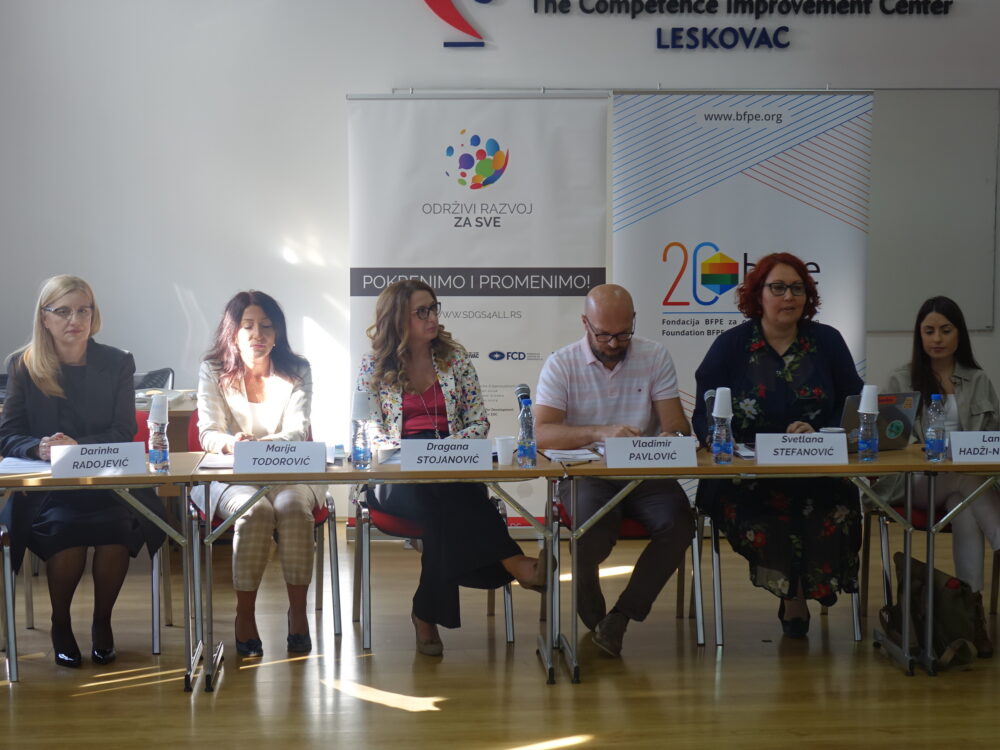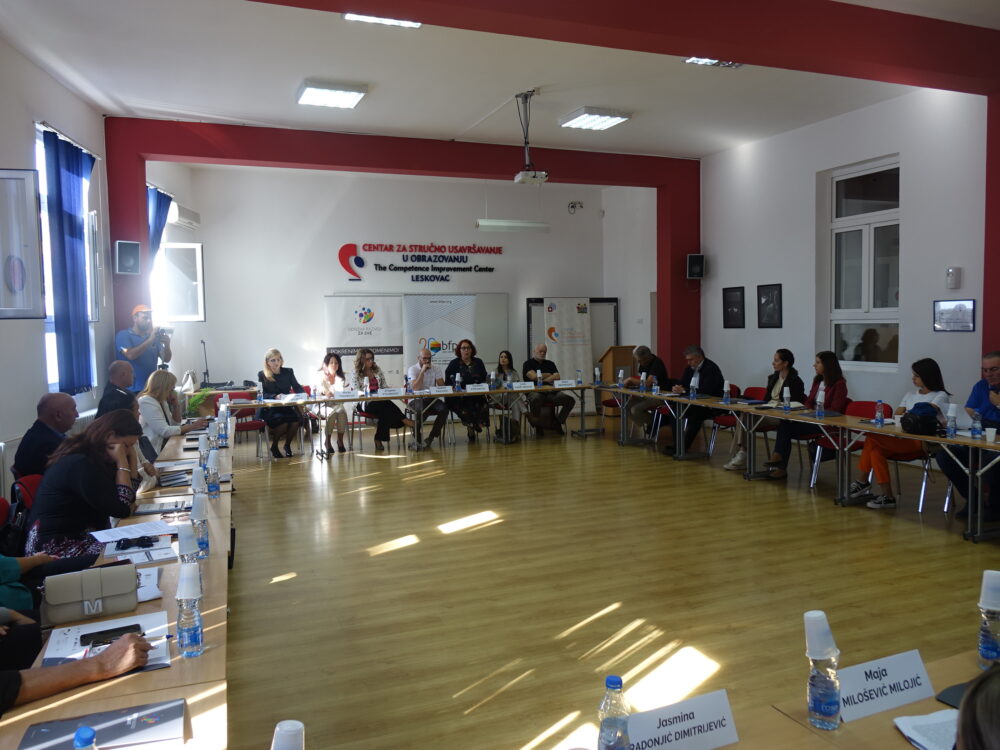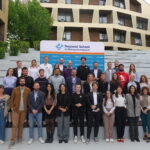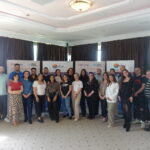An inter-municipal roundtable for the exchange of knowledge and experiences of local government units was organized on October 4, 2023, in Leskovac, bringing together representatives from cities and
municipalities in the southeastern region of Serbia. Among the attendees were representatives from 11
cities and municipalities, including Gadžin Han, Merošina, Ražanj, Svrljig, Niš, Surdulica, Bosilegrad,
Bujanovac, Leskovac, Lebane, Vlasotince, and Pirot. The goal of this gathering was to facilitate the
exchange of ideas and experiences in implementing the principles and objectives of sustainable
development as defined in the 2030 Sustainable Development Agenda, specifically in the creation of
local policies essential for the daily lives of the citizens in this region.
At the outset of the roundtable, the crucial importance of planning at the local and republic levels was
emphasized. Depopulation, particularly in southern Serbia, is a serious concern, with the fact that by the end of the century, only 60,000 people may remain in this area, further complicating the situation.
Decentralization and continuous local planning were recognized as crucial for addressing these
challenges, enabling the making and implementation of effective decisions at the local level.

The first panel focused on supporting municipalities in the development of plans. It highlighted the need for greater collaboration with the civil sector in planning and monitoring the implementation of local plans, along with the pronounced problem of the lack of mechanisms for data collection and the
mismatch between mid-term plans and program budgets.
During the roundtable, a best practice example from Pirot was also presented, emphasizing
transparency, inclusiveness, and flexibility in the planning process. However, it was noted that despite
five years passing since the adoption of the legislative framework for planning, Serbia is still lagging
behind in developing development plans, with only 50% of municipalities having formulated
development plans and just 18 with mid-term plans.
The lack of coordination between the Republic of Serbia and local communities further complicates the
situation for local citizens, emphasizing the need for active involvement of civil society in the process of
drafting local plans. In this context, the significant role of the “Sustainable Development for All” platform, which provides a space for dialogue between decision-makers, civil society, and other non-
governmental actors, was highlighted. The absence of organized public discussions during the process of adopting local documents was also presented as a problem. Only three municipalities in southern Serbia organized public discussions, even though it is a legal obligation. Citizens often lack sufficient interest in local decision-making, even when informed about the holding of public discussions.
The second panel was dedicated to environmental issues, particularly the pollution of surface
watercourses, whether organic or accidental pollution, which quickly spreads downstream. Despite
administrative divisions, we are closely interconnected environmentally. This raises the question of the
need for water purification regulation at multiple levels – at the national, regional, local, and even
within individual production sectors. The construction phase of the wastewater treatment plant in
Leskovac went through various stages. However, the key challenge arises when atmospheric waters
enter the sewage system leading to the plant. These atmospheric waters dilute sewage, undermining
the efficiency of the plant. For proper functioning, a wastewater treatment plant that uses active
bacteria for treatment must have separate systems for atmospheric waters, which are considered
relatively clean, and systems for wastewater treated at treatment plants.

In the case of Vlasotince, the wastewater treatment plant is not operational due to the presence of
various types of waste in the sewage system. This highlights the need for citizen education on proper
waste disposal and wastewater management. Furthermore, the inclusion of young people in local decision-making processes was also emphasized as important, especially when environmental protection issues are at stake. Young individuals are often not well-versed in local political processes, and there is a need to create opportunities for their active participation.
In conclusion, the roundtable emphasized the need for collaboration between citizens, local authorities,
and the state to effectively address the challenges of sustainable development in southeastern Serbia.
Only through joint efforts and inclusive processes can we create sustainable and prosperous
communities.













